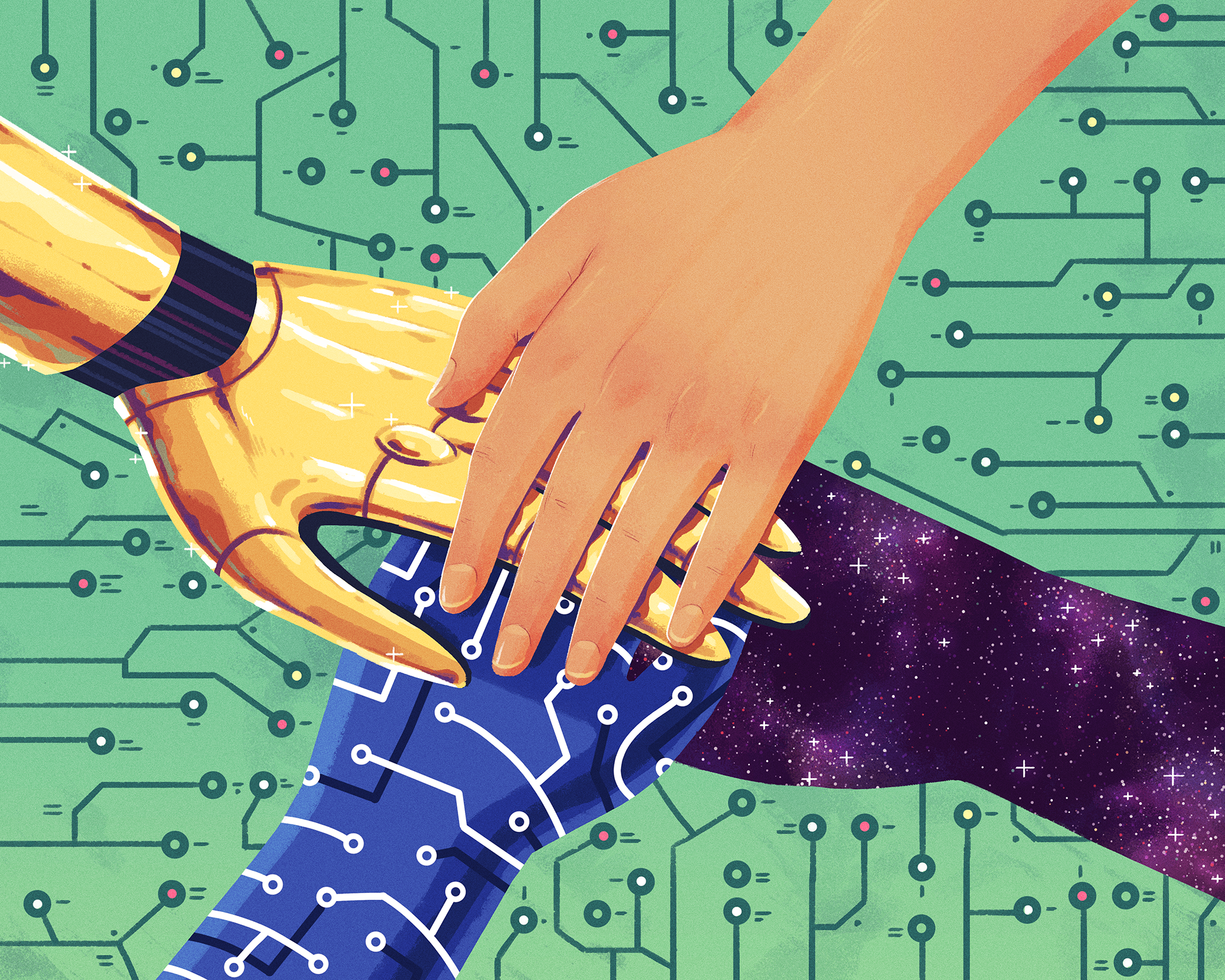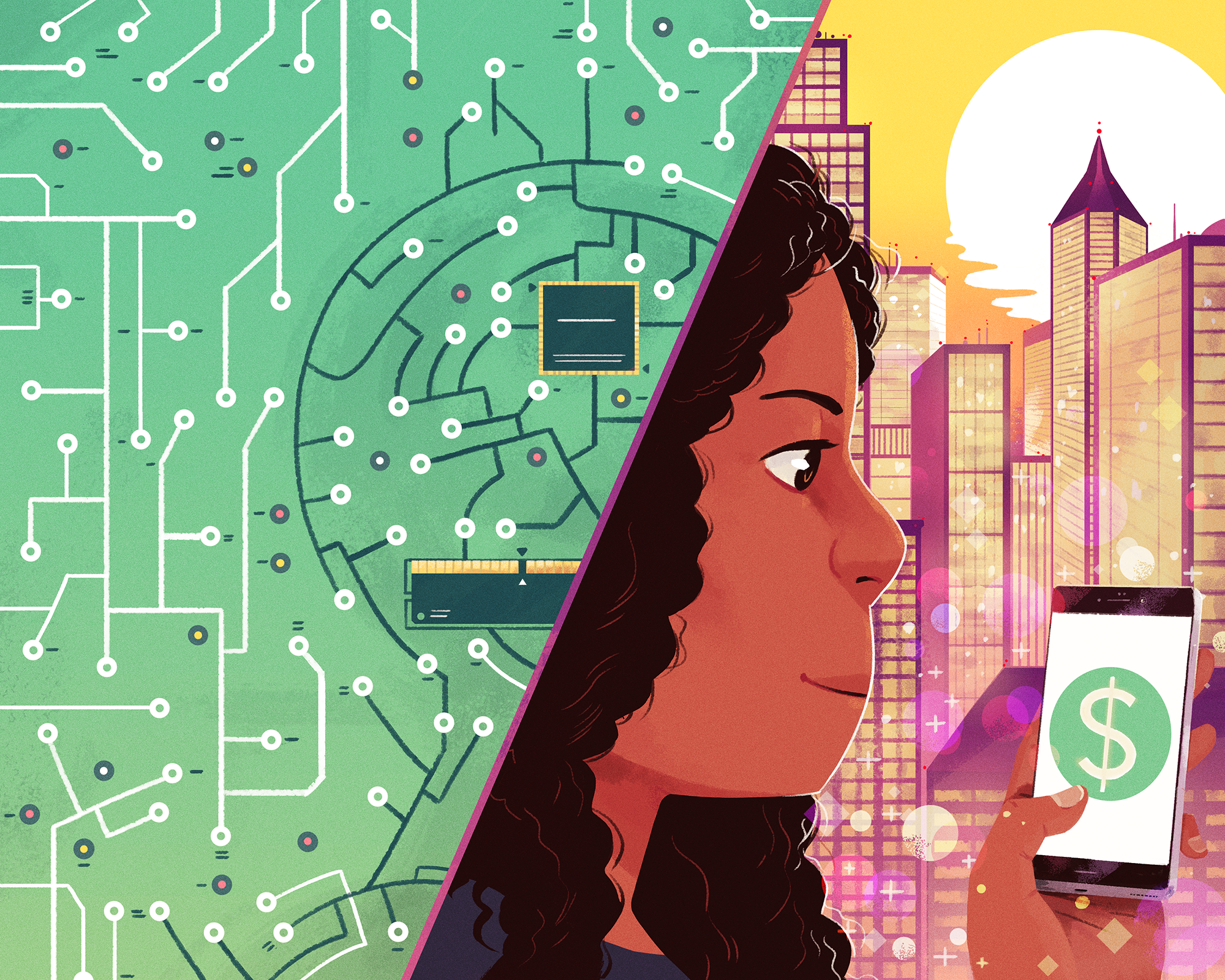Silicon Valley’s Unchecked Arrogance — The Development Set — Medium
Save article ToRead Archive Delete · Log in Log out
8 min read · View original · medium.com/the-development-set
Silicon Valley’s Unchecked Arrogance
In its mind, Silicon Valley creates the future, while the rest of the world will soon become the “idle class.” What if they instead helped people build wealth for themselves?
By Ross Baird and Lenny Mendonca



Last month, Y-Combinator, Silicon Valley’s blue-chip startup fund, announced a request for proposal to study a universal basic income. Sam Altman, the President of Y-Combinator, wrote in a separate essay that in the future, we will have a “smaller and smaller number of people creating more and more of the wealth. And we need a new solution for the people not creating most of the wealth — many of the minimum wage jobs are going to get innovated away anyway.”
The people without jobs will be an “idle class” — and the obvious conclusion, to Altman, “is that the government will just have to give these people money.” (Emphasis ours.)
And you wonder why political candidates on both sides are tapping into anti-elitist anger with great success.
Silicon Valley is, with good reason, the envy of the entrepreneurial world. Brilliant people have created transformative companies — and have earned a great living in the process. Facebook and Twitter have given people the ability to express themselves in authoritarian governments; the inventors of the mobile phones have brought information and services to billions; and Google makes the world’s information available to everyone.
But Silicon Valley’s view towards the rest of the world is often one of unchecked arrogance.
In the universal basic income proposal, the Y-Combinator team posits that Silicon Valley’s wonderful creations will create an incredible amount of wealth, but will put a lot of people out of work. Silicon Valley frequently worries, for example, that if self-driving cars are commercialized, truck and taxi drivers will be out of work. As such, a universal basic income will ensure that they’ll be happy and society will be successful. It’s a seductive idea, but they are asking the wrong questions.
The idea here is borne from an underlying assumption that capitalism has winners and losers, and the victors have a responsibility to take care of the rest. Instead, we’d posit that many of the “winners” in Silicon Valley are part of a faux meritocracy — being born into the right city or social network.
Silicon Valley seems to be worried that the rest of the world won’t find its way. A recent podcast from venture firm Andreessen Horowitz described how a few “Alpha Cities” are going to drive the future, while other metropolises will struggle to find their meaning. When India didn’t go for a Silicon Valley-led internet proposal, Marc Andreessen gained global denunciation (including from Silicon Valley CEOs such as Mark Zuckerberg) for a tweet that said, “Anti-colonialism has been economically catastrophic for the Indian people for decades. Why stop now?” And Y-Combinator themselves say that for startups to be successful, they have to move to Silicon Valley. “We would not be doing a startup a favor by not making them move,” their website reads.
So Silicon Valley, in its own mind, creates the future, while the rest of the world (by virtue of zip code or differing world view) should follow suit or risk being left behind.
One could take this to its logical (and cynical) conclusion and say that the rest of the world will eventually be out of work and become a burden on the enlightened few. They’ll storm the gates of Silicon Valley’s kingdom, and the resulting social unrest will be an unfortunate distraction to the wonders of artificial intelligence, research into extending life past the age of 120, and other great wonders of modern technology.
The universal basic income will keep “these people” at bay.


YCombinator and their Silicon Valley counterparts often talk about the value of geography. The best ideas, we are led to believe, come from a small stretch of earth close to San Francisco.
James Fallows in a recent Atlantic essay describes how most of America’s elite believe in “The Big Sort” — that to be successful, one must be sorted into a few metro areas: San Francisco, New York, Boston, perhaps Seattle or Washington D.C. When it comes to people investing in new ideas, this is absolutely true. 78% of investment in startups goes to three states (New York, Massachusetts, California). While in the past 20 years startup investing has increased 300% in those states, it has actually declined in the other 47 across the country.
Silicon Valley has become a “monocrop” culture where entrepreneurs are well-educated, have frictionless access to capital, and have their basic needs taken care of. The majority of resources today are going to entrepreneurs whose lived experience is in well-off, well-connected cities.
Successful startups are born at places like Y-Combinator and go through the venture capital gauntlet frictionlessly — the same way big factory farms across America churn out cheap corn and beef.
Yet there is a problem with monocrop culture: ultimately, you deplete the soil. In a recent podcast with Kleiner Perkins partner Randy Komisar and legendary Silicon Valley “coach” Bill Campbell — mentor to Steve Jobs and Larry Page — Randy asked whether, over time, entrepreneurs were solving increasingly frivolous problems. Campbell responded, tellingly, that entrepreneurs solve problems that they can understand.
“While you and I might think Snapchat is frivolous,” Campbell said, “my grandchildren find it a great solution for how better to communicate with their friends.”
Snapchat may be solving an important problem for well-connected young people in America who don’t have to worry about basic needs. But whether it’s unemployed young people in St. Louis looking for their next paycheck or a family in Flint, Michigan worried about clean water, many Americans have more immediate problems.
But the entrepreneurs there — “those people” —often don’t have access to resources or opportunities to solve their problems. And Silicon Valley can’t foresee a future where St. Louis or Flint could create the jobs of the future.
Because most of today’s entrepreneurs have their basic needs taken care of, their problem-solving often seems frivolous to the rest of the country.
Take Uber, for example. Uber’s great at solving how people with smartphones and disposable income can get around major cities — a small fraction of the global population. Uber is less good at helping the drivers, whose income is much lower than the riders, benefit from this new paradigm. Uber has hailed their impact as letting people work flexibly and use assets more productively, but strategically is investing hugely in driverless cars.
And we don’t blame Travis Kalanick (actually we do, but that’s not the point of this story). Uber’s founders’ experiences are as riders, not drivers. But imagine an ownership structure in which, for example, drivers could earn fractional equity in the company for each ride they gave. What if a percentage of the $50B valuation were shared among the drivers, based on a merit-based system?
We’re not saying that Uber should do this (they can’t at this stage); we are saying that if Uber’s leadership had different lived experiences, the company might look different.


The universal basic income (UBI) is not a new idea. Richard Nixon originally proposed it in the early 1970s. Manitoba, Canada and Uganda have tried it, as have European countries like the Netherlands and Sweden, and political parties in India and Brazil. Andy Stern has a book coming out shortly about how to make it work in the United States. Done well, it could smooth volatility and provide some base stability for those who need it most, and even encourage risk-taking and help better deploy outdated, government-run welfare approaches.
And Y-Combinator’s thesis isn’t misguided. There is definitely a conversation worth having about what happens to society after software has eaten the world. But the conclusion — that the automation of these jobs will create a lot of wealth for a few people (of course the brilliant ones in Silicon Valley) but leave most out of work (the rest of us) — is reflective of Silicon Valley’s arrogance.
It seems like noblesse oblige for Silicon Valley to throw coins at the 90% of the population that will no longer have a job, thanks to their inventions. But the reality is most people don’t want just a universal basic income.
We need to figure out how to make the system work for everyone in the face of technological changes. We need policymakers to incentivize regional and industry diversity in our innovation, and entrepreneurs to focus on the larger, thornier questions related to building businesses that share the wealth better among those who create them — not design a system to spread the crumbs a little better.
How do we change ownership structures to prevent Snapchat, Instagram, and Whatsapp from distributing billion-dollar windfalls among only a couple dozen people? How can we enable great people, regardless of zip code, to solve messy societal problems? To us, these feel like much more constructive approaches than calculating the minimum income required to eliminate “the fear of not being able to eat.”
So there’s the problem. How do we change this? We have some ideas, but would love to hear from you as well.

The Development Set is made possible by funding from the Bill & Melinda Gates Foundation. We retain editorial independence.